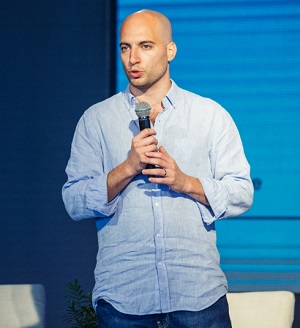As gambling continues to expand across the US, problem gambling becomes an even more important issue for the industry to address. Motti Colman, Senior Director of Sales at Optimove, examines how the US industry is performing on that front and identifies the areas where it risks falling short.
SBC: How is the US betting and gaming industry handling problem gambling and is it doing enough?

Motti Colman: I think US operators are somewhat reluctant to face what will come round the corner, a couple of years down the line.
The US industry has plenty of ties to the UK, so the people involved are fully aware of what a proper responsible gambling strategy looks like, but I think they have also seen the big hit to player values in the UK and are trying to maximize ROI on the huge acquisition costs before they go all-in on US RG.
SBC: In which areas is the industry falling short and how does it redress this?
Colman: The US has always been superb at VIP programs because of the grounding in bricks and mortar casinos and the concierge-type services that come with it.
The UK has had to move away from its online VIP programs because of the heavy crossover with RG issues and has moved towards a far more mass-market/recreational strategy. In time, the US will have to follow suit.
SBC: The industry would argue that it has made significant progress in building on its corporate social responsibility credentials. Surely it must be doing some things well?
Colman: There is a far bigger education within US society today around mental health and addiction issues and the industry has and should continue to invest in programs that help with the treatment of at-risk or suffering people.
SBC: Apart from the legislative process, what part can state regulators play in helping the industry reach the required levels of player protection?
Colman: I would prefer to see the operators themselves self-regulate and help prevent the state become more involved than they need to be. This could involve a collective approach between the major operators to limit the number of televised advertisements around major sporting events.
We also see an opportunity to leverage technology for detecting early signs of problem gambling. At some point, we’re hopeful that legislation will come down that requires operators to utilize these systems to monitor RG more effectively.














